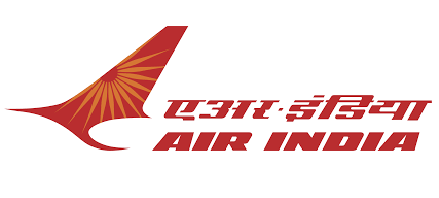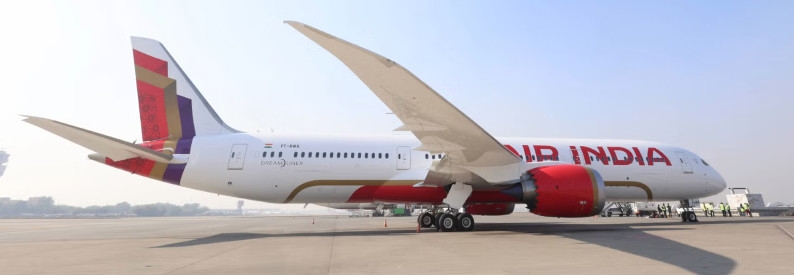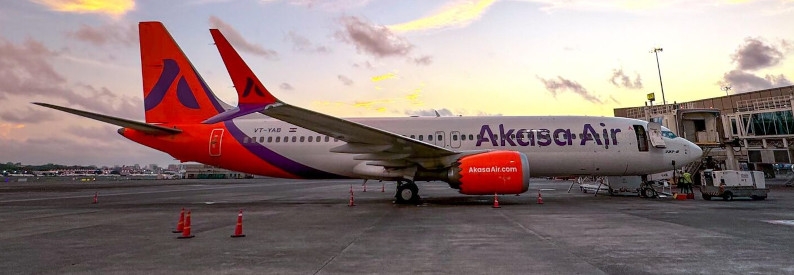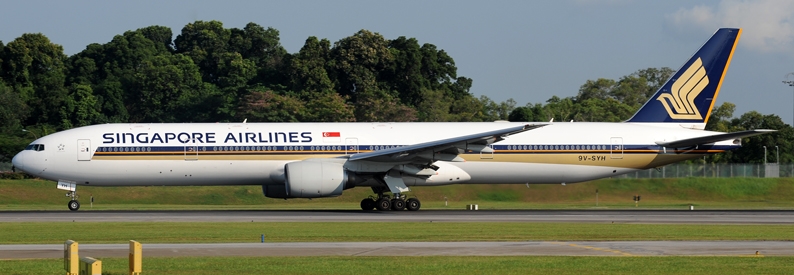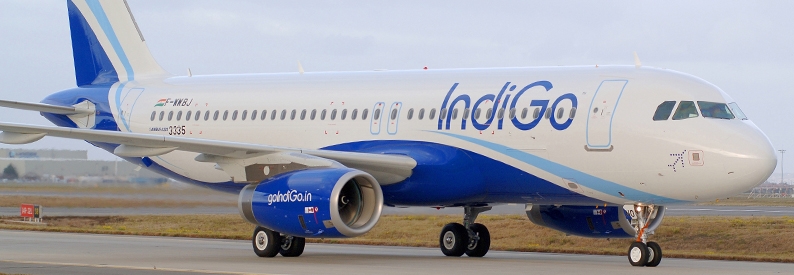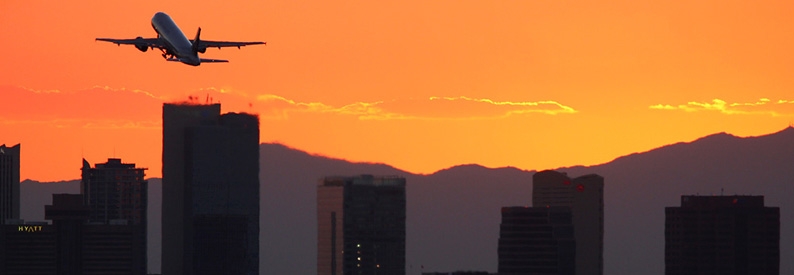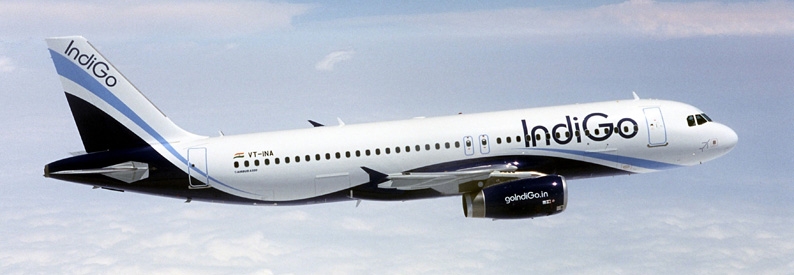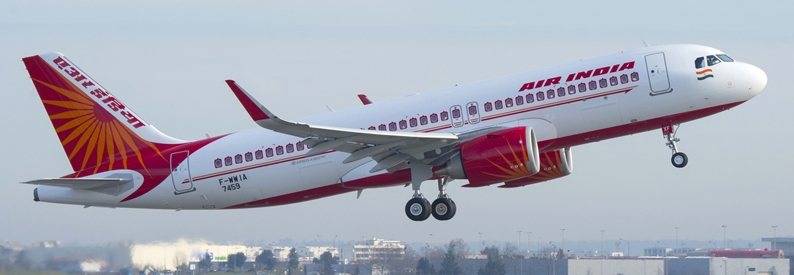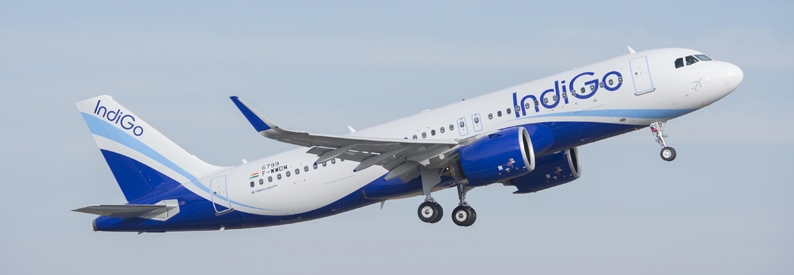Indian conglomerate Tata Sons has regained control of Air India (AI, Delhi International) after almost 70 years under state ownership, concluding a landmark privatisation deal and confirming earlier reports that the handover would take place on January 27.
Tata has assumed control of the flag carrier and the more profitable low-cost wing Air India Express (IX, Delhi International) in a USD2.4 billion equity and debt deal, bringing an end to years of struggle to sell the troubled airline which the government had said was incurring losses of around USD2.6 million a day, with total losses standing at USD9.5 billion, and which had been kept afloat using taxpayers’ money.
The “strategic disinvestment transaction” was completed with the government receiving about USD360 million in equity and Tata Sons taking on more than USD2 billion of Air India’s debt, the Ministry of Finance said in a statement.
The government has settled the remaining INR615.62 billion rupees (USD8.2 billion), around 80%, of Air India’s legacy debt and other liabilities that had been deposited in a special purpose vehicle, Air India Asset Holding Ltd (AIAHL), ahead of the transfer into private hands, Tuhin Kanta Pandey, secretary of the Department of Investment and Public Asset Management (DIPAM) which oversaw the privatisation process, told The Economic Times.
These debts include unpaid fuel bills and outstanding payments to “other operational creditors.” AIAHL also holds non-core assets such as wholly-owned subsidiary Hotel Corporation of India, paintings, artifacts, and immovable property.
“The interest on the debt and other liabilities was very high, and it was decided to square off the debt now,” the DIPAM chief said. “Both excess debt and excess current liabilities, whatever was remaining with the government, have been cleared.”
Tata chairman Natarajan Chandrasekaran met India’s prime minister, Narendra Modi, on January 27 shortly before the handover. The board of directors at the airline resigned, making way for a new Tata-appointed board, local media reported.
Tata Sons already operates Vistara (Delhi International), a joint venture with Singapore Airlines, and AirAsia India (Bengaluru International), but both have yet to make money, company data show. However, the deal will give the new parent access to valuable flying rights and airport slots, such as those at London Heathrow, in the United States, and in Europe.
Tata Sons will now need to turn around Air India’s tattered reputation. The carrier has “suffered for its inconsistent service standards, low aircraft utilisation, dismal on-time performance, antiquated productivity norms, lack of revenue generation skills, and unsatisfactory public perception,” Jitender Bhargava, a former executive director of the airline, told the BBC last year.
Advisories to frontline staff have already begun, with cabin crew and ground staff told they will be checked and “groomed” each day when they start work, a development that has been opposed by unions, the Times of India reported.
“Tonight we will transit from the public sector to the private sector. The next seven days will be very important as we will be changing our image, attitude and perception,” one of the emails sent to cabin crew said.
- Type
- Base
- Aircraft
- Destinations
- Routes
- Daily Flights
